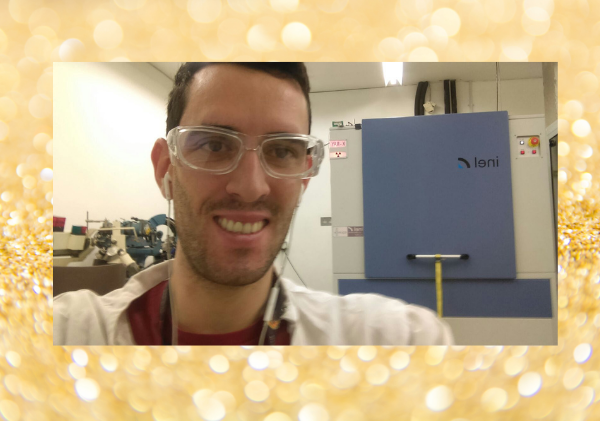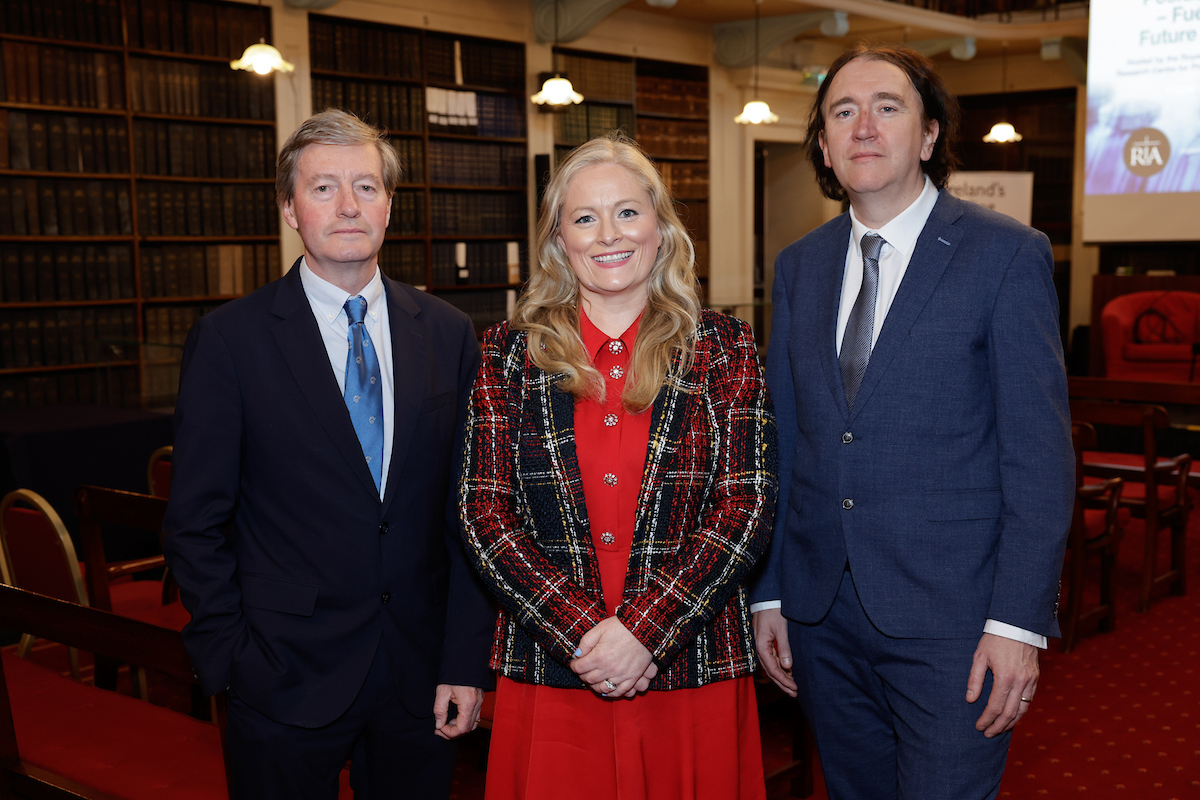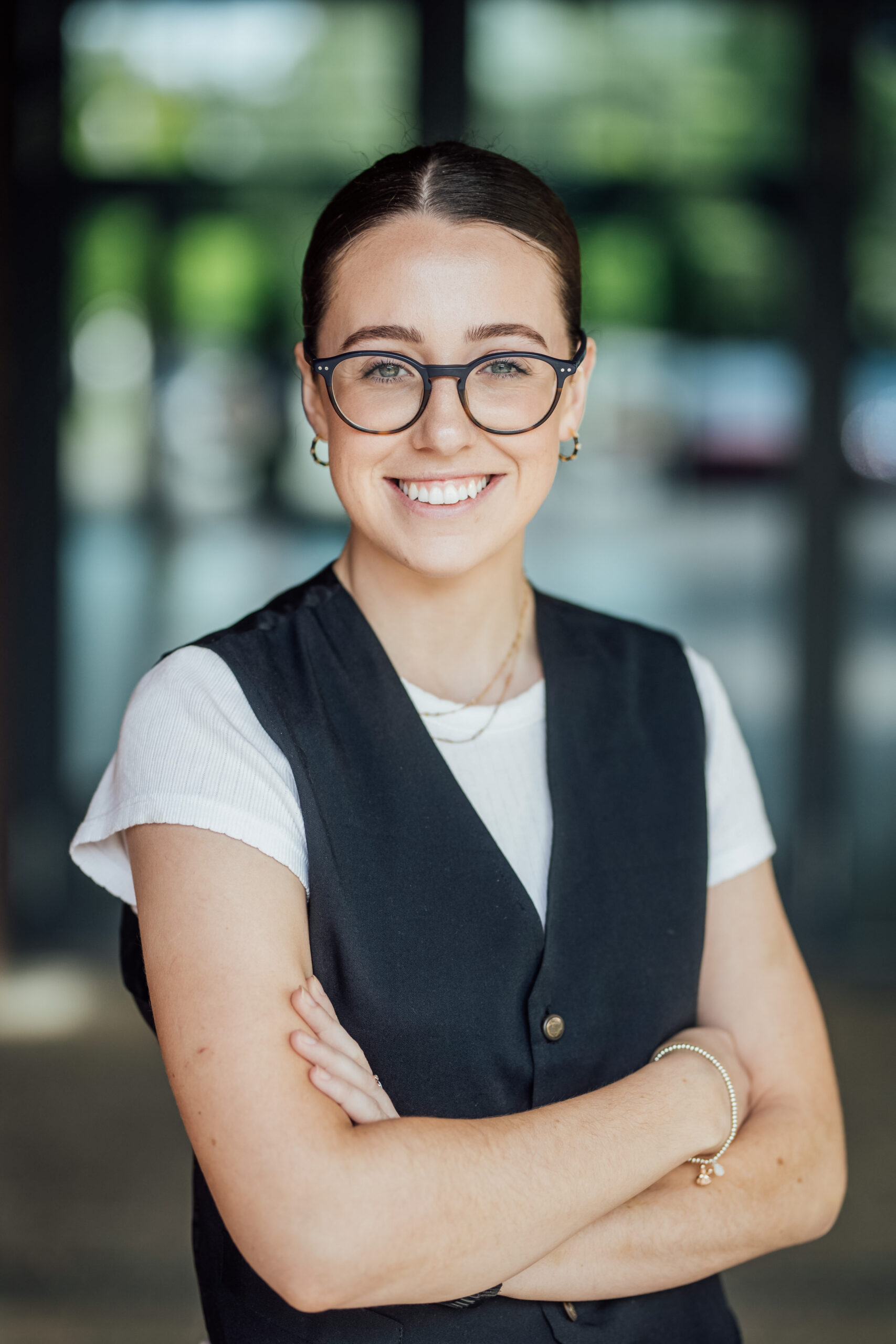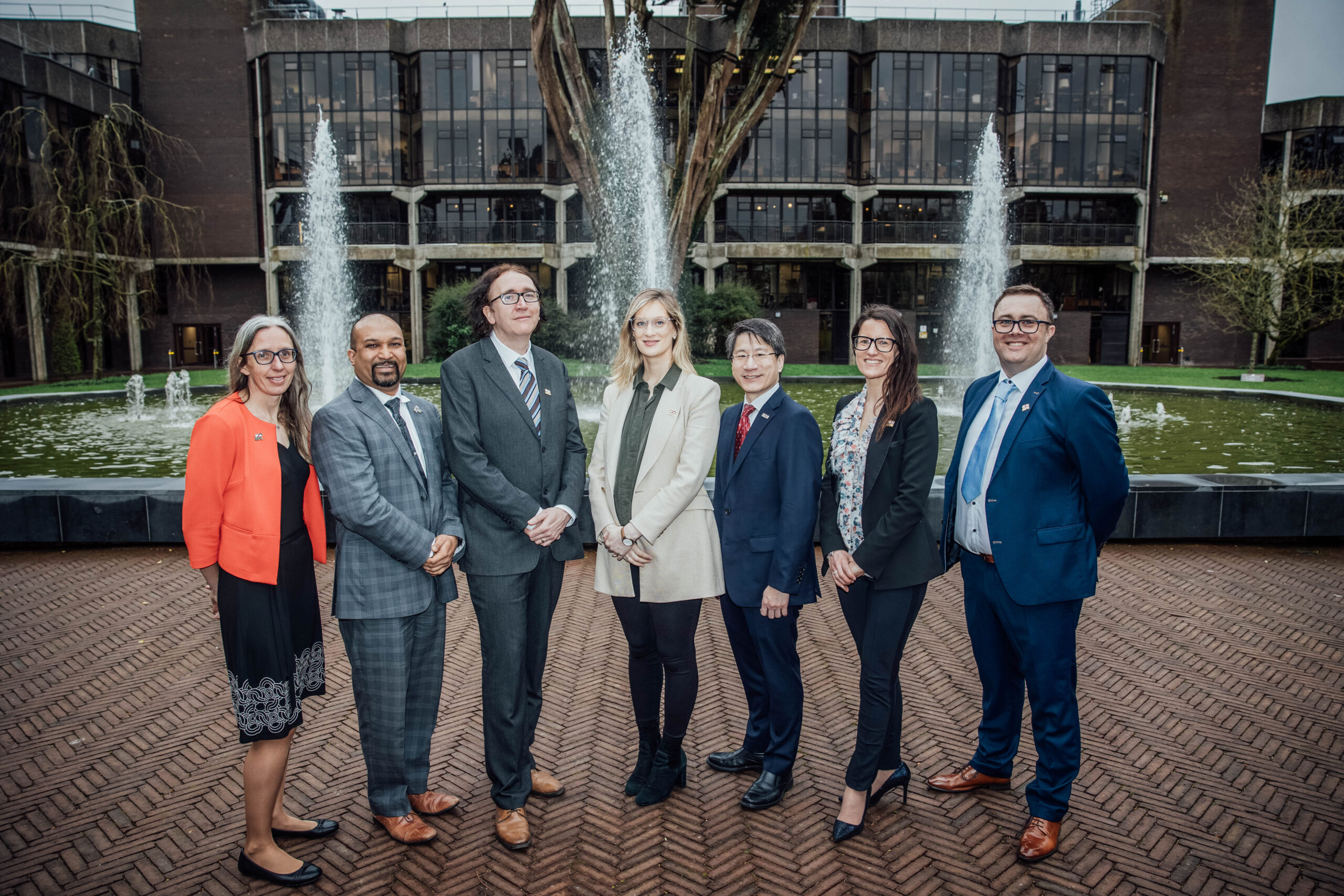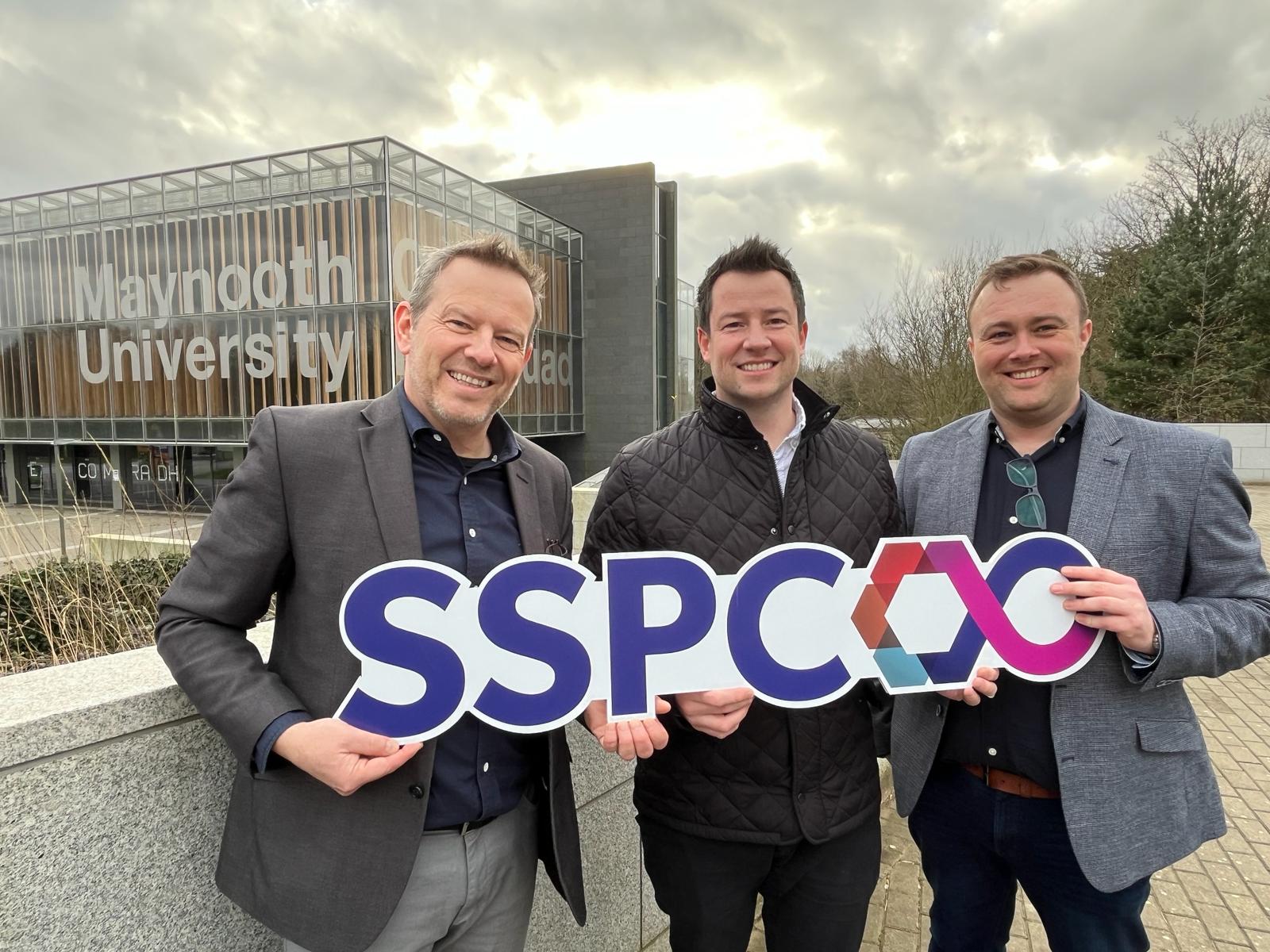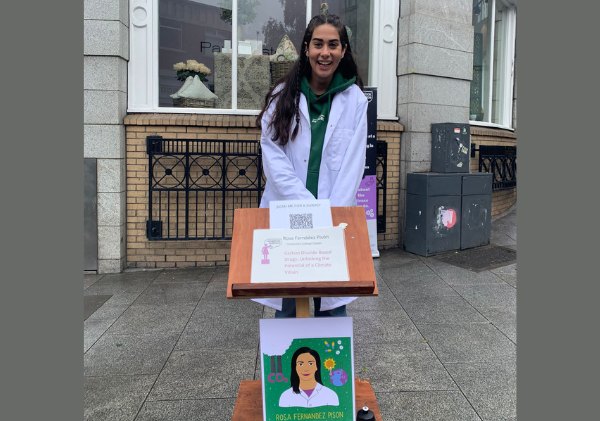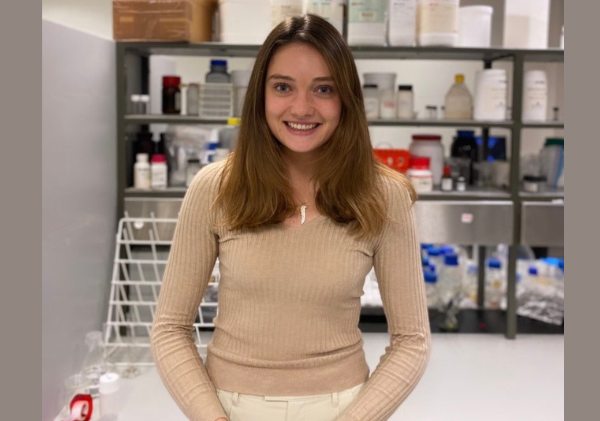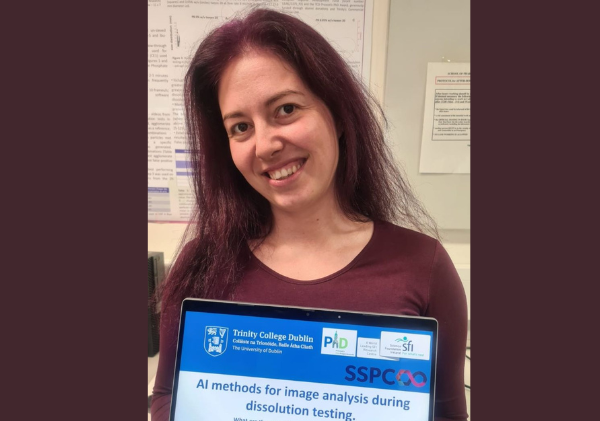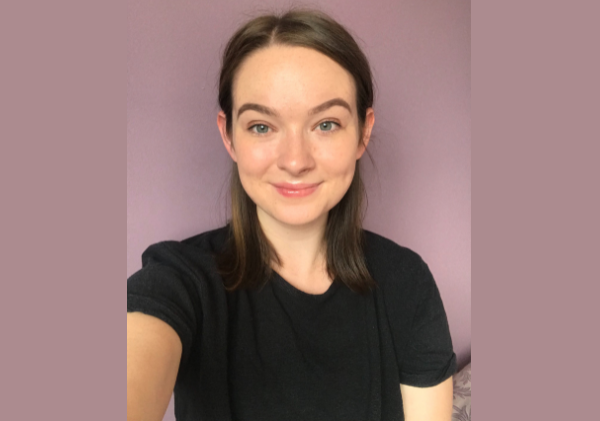This award recognises Francesco Civati, NUI Galway, for being an exceptional SSPC PhD graduate based on his PhD achievements and outputs. Francesco was supervised by Andrea Erxleben and his PhD was based on Control of polymorphism, crystal size and habit in pharmaceuticals. Thank you to Eli Lilly for sponsoring this award.
Background
Solid state characteristics of an Active Pharmaceutical Ingredient (API), generally define a wide range of properties such as polymorphism and morphology. These characteristics contribute significantly to the arrangement of molecules in space, and they can also impact downstream production drastically increasing the productions costs. Some morphology like needle like and plates like crystals can create a vast array of problems, during filtration, manufacturing of the API. The aim of his research was to study not only polymorphism but also study several ways to avoid the formation of needle-like crystals. To tackle this problem three main methods were used.
1) Co- crystal approach. It was shown that carefully selected co-former can co-crystallize with the API to form a new material with different morphology resulting in a more processable crystals, which can greatly facilitate downstream production processes cutting down production costs.
2) Temperature cycling and additives addition. In this case a combination of deep temperature cycling using batch crystallization was combined with the addition of additives. In this case the synergic effect of this two-phenomenon results in the formation of more processable with a great change in morphology.
3) High Shear Ultra-Low Attrition Agitation (HSULAA). This method allowed needle-like crystals to grow to a more filterable shape without causing any crystal breakage.
Upon a carefully study of the intramolecular interaction and the growth mechanism, it shows that one of these methods could have been used to alleviate or avoid the formation of elongated crystals. These approaches can be applied to facilitate the production of already existing API, allowing an easier and more accessible production to medication.
SSPC’s contribution to my PhD
SSPC is an extensive and dynamic networking platform which allows increased co-operation between academia and industry.
“My career goal is to be a well-rounded researcher and to bridge the industrial and academic worlds. Through the SSPC I was able to gain experience in both work environments. I was able to enrol in an industry-related project in collaboration between NUIG, UL and Roche. During this time, I gained valuable industry experience and I further developed my critical thinking and problem-solving skills with the supervision of an industrial tutor. I was able to independently develop a prediction method which to be used in the manufacturing process and advance the performance of the final product This experience allowed me to enhance my understanding of crystal engineering as well as develop a comprehensive overview of the research field.”
SSPC really recognises the importance of education and public engagement, all researchers are encouraged to give back to the community and increase the understanding of the research by non-scientists. I was empowered by the importance placed on outreach and thoroughly enjoyed being able to contribute. I have always believed education should be free and fair for everyone, and this vision is shared by the SSPC community.
Over the course of my PhD I was encouraged to act as role model and take a leadership position in organising outreach events such as the BT young scientist exhibition in Dublin and Galway technology festival. I was afforded the opportunity to communicate my research to a young and enthusiastic audience and take part in events directed towards the general public such as Fame Lab and Threesis. I found the appreciative attitude of the SSPC towards outreach to be a strong motivating factor in seeking out new ways to interact with non-scientists who also shared my enthusiasm.
SSPC is a well-equipped and robust research centre where cutting edge research is undertaken by highly skilled and motivated scientists. It is for this reason PhD candidates are encouraged and supported to attend conferences and discuss their work with the wider community. This allowed me to expand my research through discussions with the vibrant and engaged scientific community. I completed a Short-Term Scientific Mission (STSM) at a leading academic research centre in Scotland, where once again the SSPC culture of fostering collaborative environments helped me to produce a productive stay at CMAC. I was supported by SSPC in the application for a scholarship which enabled me to sustain the cost of living abroad. This research stay allowed for sufficient data to produce a publication which will have a significant impact on the field.
“Over the course of my PhD I undertook research that had significant implications on a wide range of pharmaceutical applications. Through productive collaborations with both academic and industrial partners. The discoveries that I have made can have an impact and they can be used to ensure the public has access to less expensive more effective and potent medications. Through the SSPC I was given the necessary tools to enhancing my understanding of pharmaceutical chemistry as well as a solid collaborative platform in which I could have experience the best research possible.”
Publications:
–F. Civati, A. Erxleben, P. McArdle, The Role of H-bonding and Molecular Stacking in the Growth of Needle Crystals. Manuscript under preparation.
– F. Civati, V. Svoboda, S. Urwin, P. McArdle, A. Erxleben, D. Croker, J.H. ter Horst, Manipulating co-crystal size and morphology using a combination of temperature cycling and additives. Submitted to Cryst. Growth Des.
–F. Civati, A. Erxleben, S. Kellehan, P. McArdle Conversion of gel-forming crystal needles to easily processable more equant crystals using high-shear-ultra- low-attrition agitation: Accelerated Ostwald ripening without crystal attrition. Cryst. Growth Des. 2019, 19, 1502–1504.
-A. R. Pallipurath, F. Civati, J. Sibik, C. Crowley, J. A. Zeitler, P. McArdle and A. Erxleben. A Comprehensive Spectroscopic Study of the Polymorphs of Diflunisal and their Phase Transformations. Int. J. Pharm. 2017, 528, 312-321.
–A. R. Pallipurath, F. Civati, M.Eziashi, E. Omar, P. McArdle, and A. Erxleben. Tailoring Cocrystal and Salt Formation and Controlling the Crystal Habit of Diflunisal. Cryst. Growth Des. 2016, 16, 6468-64

